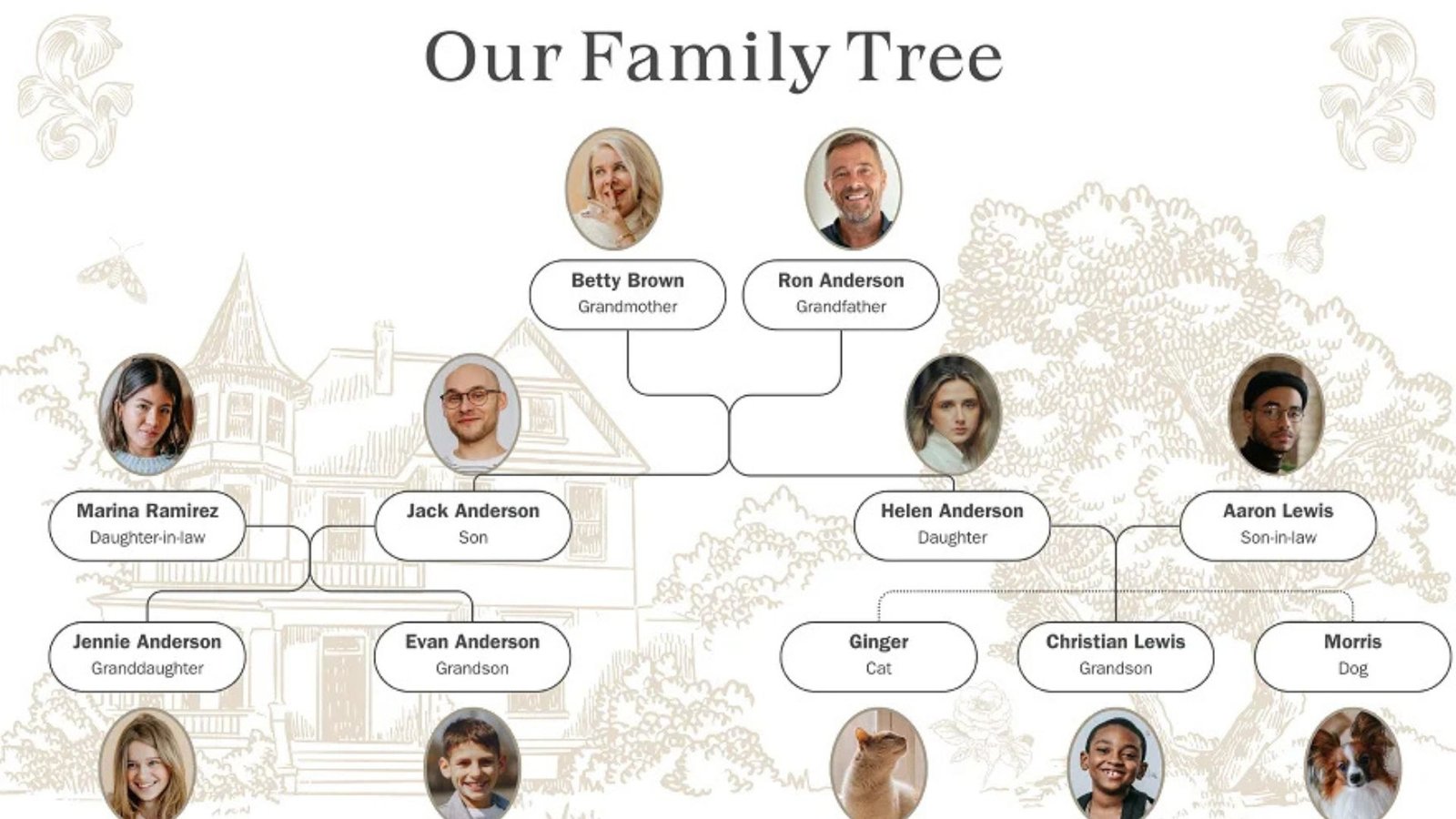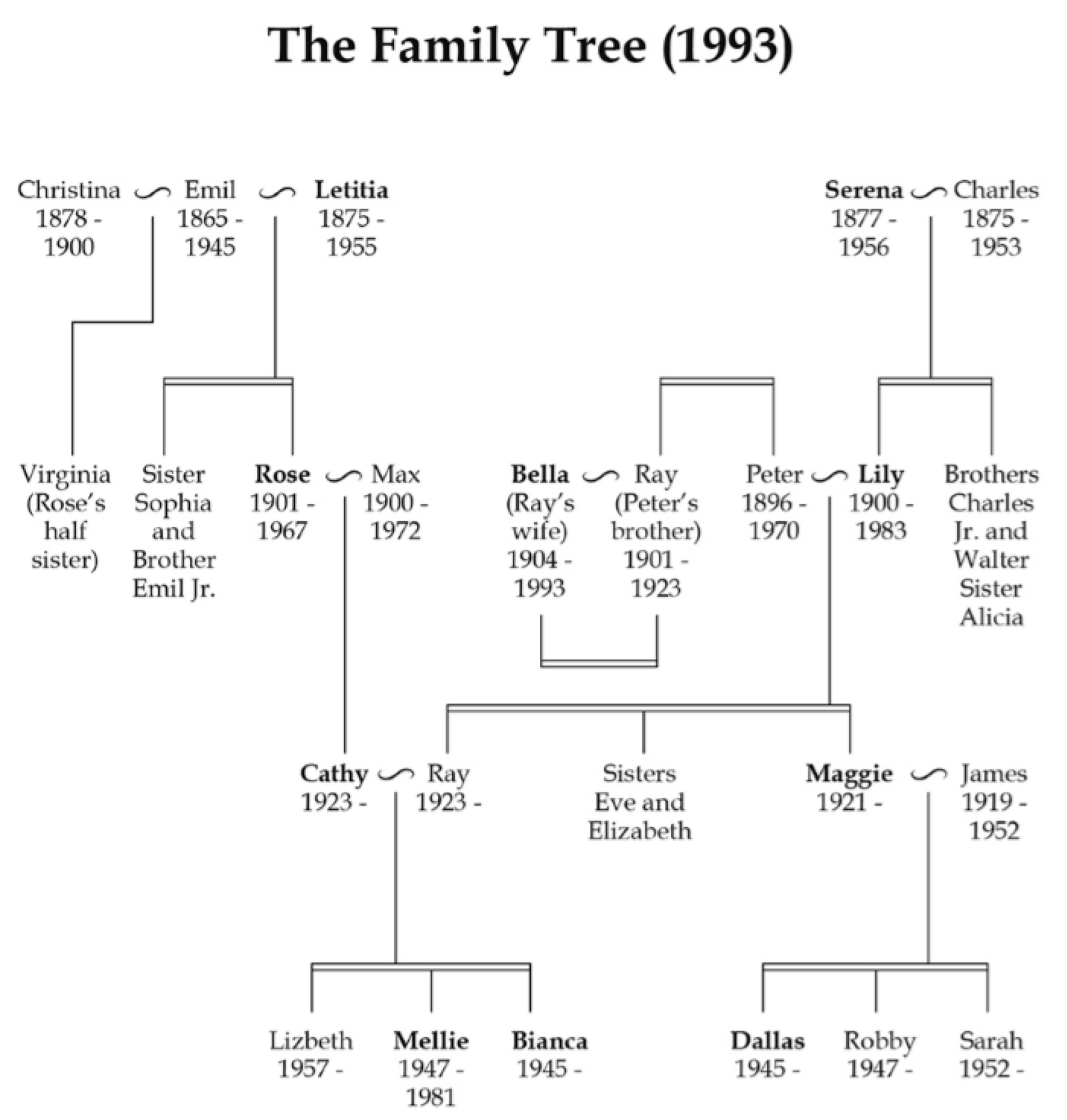Tracing your family lineage is an exciting journey. It connects you to your ancestors and helps you understand where you come from. But how can you connect your family’s story to broader historical events? Understanding the significance of your ancestors’ lives within the larger context of history can give your family’s story depth and meaning. In this article, we’ll explore effective ways to connect your family lineage to history and uncover the historical significance of your ancestors.

1. Research Historical Records to Place Your Ancestors in Time
One of the first steps in connecting your family lineage to history is researching historical records. Records such as census data, immigration papers, military service documents, and birth and death certificates offer clues about the lives of your ancestors. These documents often provide specific details about where and when your ancestors lived, as well as major events they might have experienced.
For example, if your family line includes military service, you can explore historical records from wars, like World War I or World War II. These records can show how your ancestors contributed to significant global events. By connecting their personal history to these events, you begin to understand how your family fits into the larger picture of history.
2. Use Family Oral Histories to Learn About Historical Context
Family stories passed down through generations can be invaluable in connecting your lineage to history. Older relatives may have firsthand accounts of your ancestors’ experiences during important historical moments. These personal stories provide context for understanding how your ancestors lived during pivotal times.
Talking to relatives can reveal details that are not found in official records. Perhaps a grandparent or great-grandparent lived through the Great Depression, immigrated during a war, or participated in local movements. These stories help you link your family’s history to significant events, giving a human perspective on history that facts and dates cannot capture.
3. Link Family Names to Historical Figures and Events
In some cases, the names in your family tree may be linked to historical figures, events, or occupations. For example, your ancestor might have been a soldier in a famous battle, a politician, or a worker in a major historical industry. Researching these connections can help you understand the role your ancestors played in shaping history.
You can use genealogy websites to search for your family name in historical databases, helping you identify ancestors who were involved in significant historical events. This connection can highlight how your family lineage contributed to important moments in history and provide a deeper understanding of your heritage.
4. Explore Immigration and Migration Patterns
Many family histories are tied to major migration and immigration movements throughout history. For example, your ancestors might have emigrated from Europe during a time of political upheaval, or they may have settled in new regions due to economic opportunities. Tracing these migration patterns can help you link your family’s history to broader historical movements.
Genealogy websites and historical migration records can provide details about where and when your ancestors moved. By studying these migration patterns, you can better understand why your ancestors left their homeland and how their journey connects to larger historical events, such as wars, famines, or the expansion of nations.
5. Use Historical Context to Understand Ancestor’s Choices and Challenges
Connecting your family lineage to history also involves understanding the challenges and decisions your ancestors faced. For instance, if your ancestors lived through times of political unrest, economic hardship, or social change, their choices might have been influenced by these historical contexts.
By studying the periods your ancestors lived through, you can gain insights into why they made certain decisions, such as migrating to a new country or fighting in a war. Understanding these historical circumstances allows you to better appreciate the strength and resilience your family exhibited during difficult times.
6. Link Ancestors to Local and Global Events
Sometimes, connecting your family lineage to history means looking at the local events your ancestors were involved in. For example, they may have been part of a regional movement, such as a labor strike, a political protest, or a religious reform. These events may have been pivotal in shaping the society they lived in, and tracing your family’s involvement can help you see how your lineage fits into this historical framework.
Global events like wars, revolutions, or cultural shifts can also impact your family’s story. For instance, your ancestors might have fled from war-torn countries or contributed to significant cultural or technological advancements. By studying the connection between your family and these events, you add depth to your understanding of their role in history.
7. Use DNA Testing to Connect Your Family to Ancient Civilizations
DNA testing is a powerful tool for connecting your family lineage to distant historical events and ancient civilizations. Many DNA testing services provide an ethnic breakdown that shows the regions and populations your ancestors came from. This can link your family to ancient civilizations like the Egyptians, Romans, or the indigenous peoples of the Americas.
By exploring your DNA results, you can trace your family’s origins to specific regions and cultural groups. This genetic information provides a broader context for your family’s history, connecting you to ancient cultures that shaped the course of human history.
8. Research Historical Context of Occupations and Trades
Understanding the occupations and trades of your ancestors can also link your family lineage to history. For instance, if your ancestors were farmers, miners, or craftsmen, their work may have been influenced by the broader economic and industrial changes in history. Many family members may have participated in significant historical industries, such as the coal mining boom or the rise of the industrial revolution.
Exploring these occupations and trades can help you connect your family to historical periods, such as the Industrial Revolution, the rise of agriculture, or the birth of new technologies. By learning about their work, you better understand how your ancestors contributed to shaping the world around them.
Conclusion
Connecting your family lineage to history is a rewarding process that adds depth and meaning to your heritage research. By using historical records, family stories, migration patterns, and DNA testing, you can uncover the ways your ancestors were involved in significant historical events. Understanding the historical context of your family’s decisions and experiences gives you a richer perspective on who they were and how they shaped the world. Tracing your lineage isn’t just about finding names and dates; it’s about uncovering the historical significance of your family’s journey.










